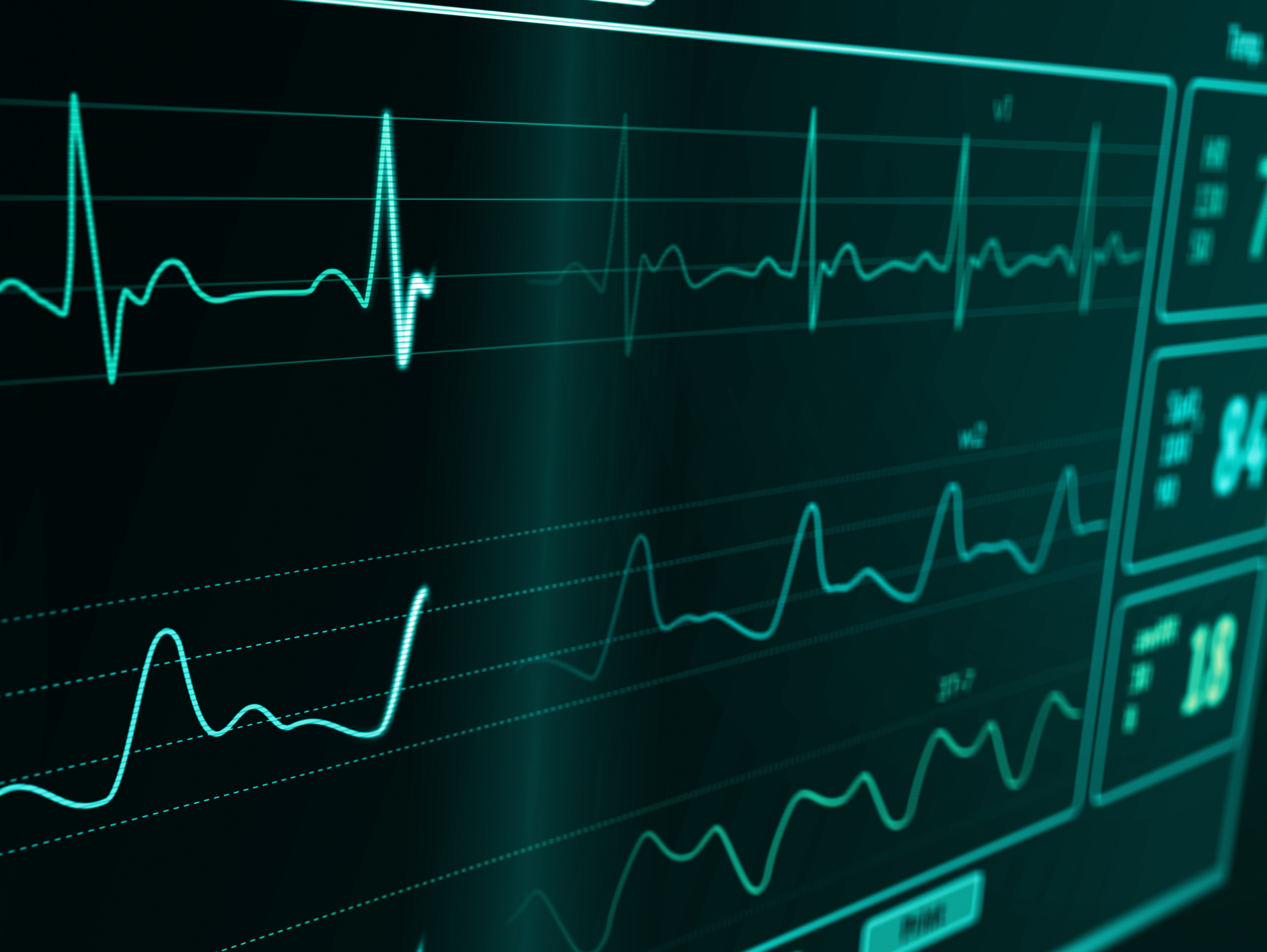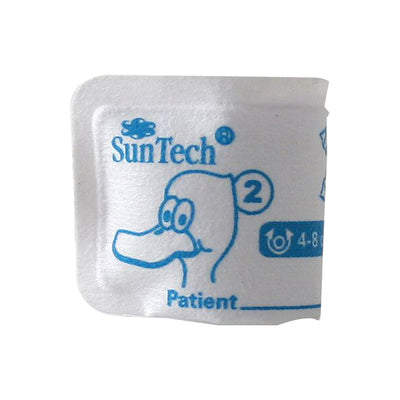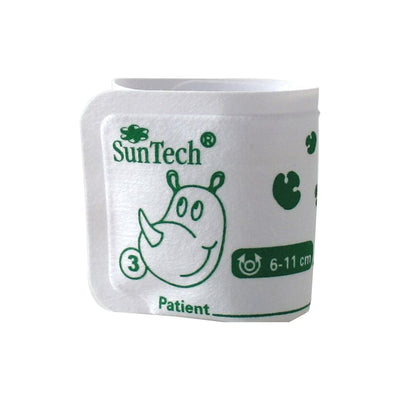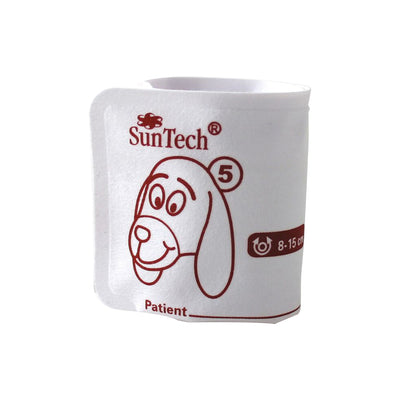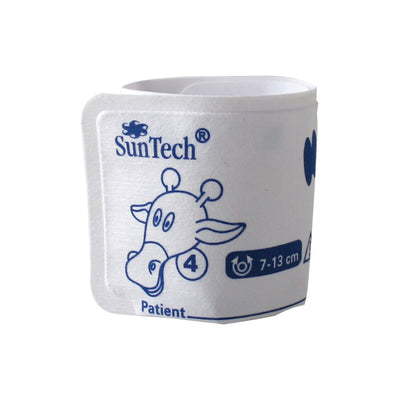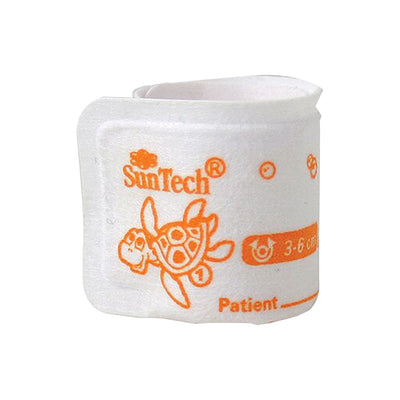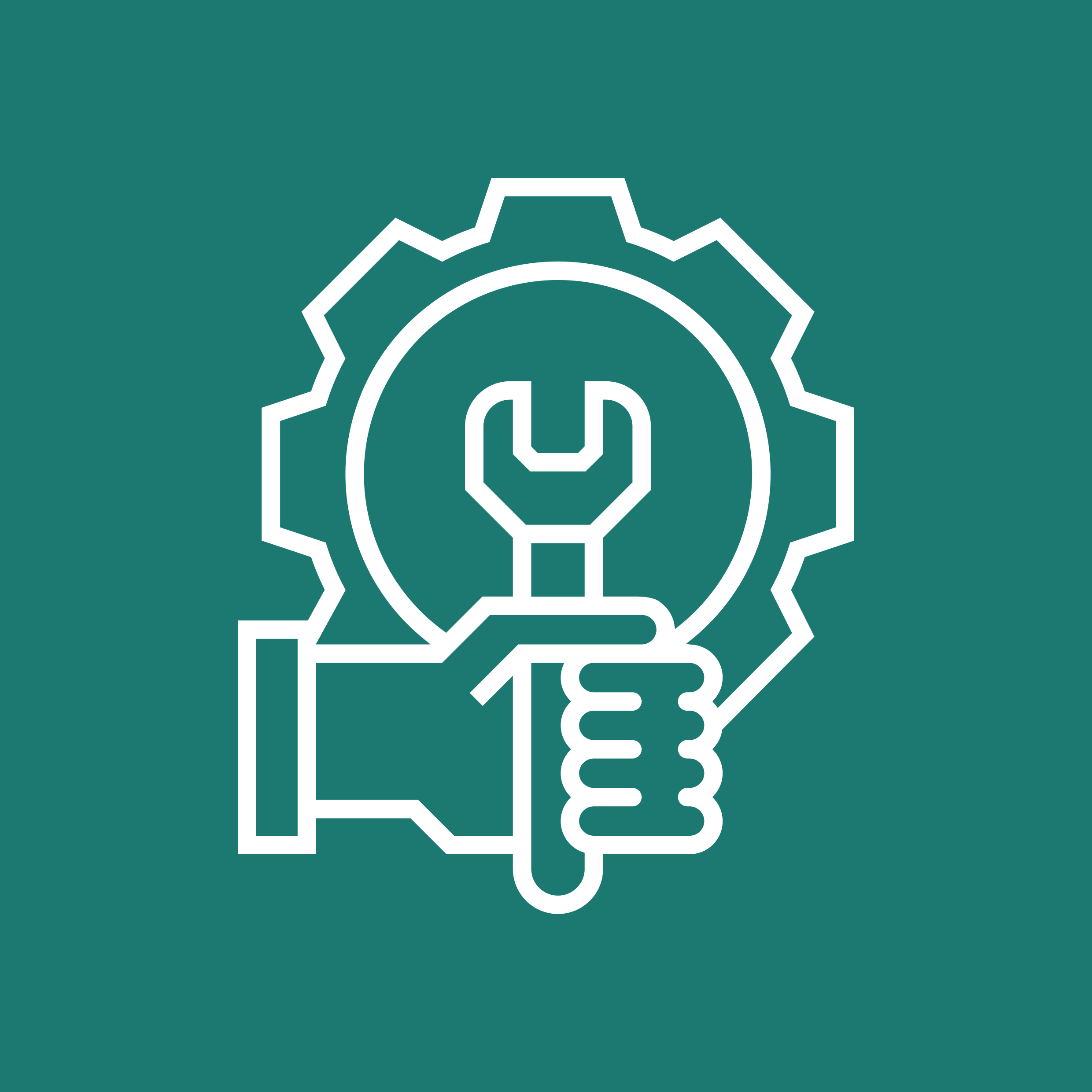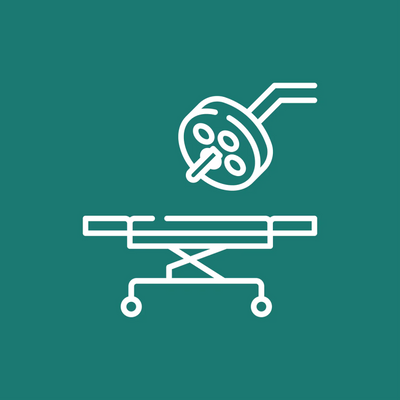Filter
5 products
Monitoring FAQs
To get a successful blood pressure it’s important to choose the right cuff size and place it properly. You can use any leg or the base of the tail, although on small cats you may have to place the cuff above the hock. Cuffs are graduated and there’s an index point marked on the cuff’s leading edge. When wrapped around the limb, the index point must be within the graduated scale.
The hose should line up with the vessel you’re trying to measure – so when using a leg, ensure the hose is on the underside / backside of the leg.
Make sure the cuff size setting in the patient monitor is set up correctly. If you’re still having problems, you may have to shave the area if the animal has thick fur and / or is particularly small.
It’s important to regularly replace all tubing sets. For example, in the EUCO2-003 Sidestream CO2 Analyser, the hydrophobic filter and gas drying line must be replaced at least every six months to extend the life of the unit. Based on usage, earlier replacement may be required to ensure protection of the device.
If you’re using your monitor in a high moisture environment such as dental, we recommend using an HME filter (it must be placed inline between the elbow and patient ET tube).
If moisture is visible within the sample line or there is a notable change in the normal working sound of the motor, remove and replace the sample line immediately.
If you ever hear the tone of your motor of your sidestream change, disconnect it straight away as it may have sucked in fluid. Disconnect the tube and replace the tubing set. Whether other parts should be replaced as well will depend on how far the moisture has got inside.
Dual gas monitoring is required when ETCO2 is not the only parameter required, for example additional parameters may include anaesthetic gases, oxygen, nitrous oxide.
There are two types of ETCO2 monitoring systems that function very differently: sidestream, and mainstream.
Sidestream monitoring is the method most widely used. It operates by sampling a small amount of the patient's breath for the "Y" connector and sampling this through the side stream module and then exhausting the measured breath. But because this samples patient breath there is the risk of condensation or water being induced into the module which, if not detected and stopped, can damage the device. Therefore in high moisture conditions like dental procedures, additional care should be taken such as by using HME filters at the patient connection and/or replacing the sample line if moisture is detected or the pump motor in the module sounds louder than normal.
Mainstream ETCO2 systems have an electronic detection module that is situated at the patient circuit connection. This module is connected to the monitor via a cable and as such can be easily damaged or misused. Extreme care should be taken when using this type of ETCO2 monitoring.
